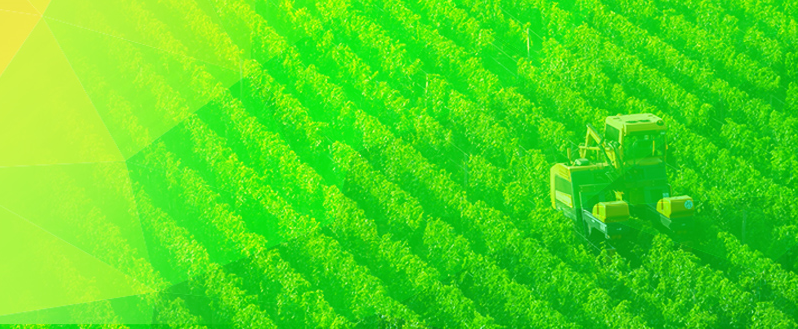The e-ROSA project seeks to build a shared vision of a future sustainable e-infrastructure for research and education in agriculture in order to promote Open Science in this field and as such contribute to addressing related societal challenges. In order to achieve this goal, e-ROSA’s first objective is to bring together the relevant scientific communities and stakeholders and engage them in the process of coelaboration of an ambitious, practical roadmap that provides the basis for the design and implementation of such an e-infrastructure in the years to come.
This website highlights the results of a bibliometric analysis conducted at a global scale in order to identify key scientists and associated research performing organisations (e.g. public research institutes, universities, Research & Development departments of private companies) that work in the field of agricultural data sources and services. If you have any comment or feedback on the bibliometric study, please use the online form.
You can access and play with the graphs:
- Evolution of the number of publications between 2005 and 2015
- Map of most publishing countries between 2005 and 2015
- Network of country collaborations
- Network of institutional collaborations (+10 publications)
- Network of keywords relating to data - Link
The 2000/2001 German BSE crisis unfolded as a public drama where awkward crisis management and political attacks on industrial agriculture sparked intense, prolonged media coverage. Mediatisation and politicisation of BSE went hand in hand. In the process, responsibilities for problems and solutions were socially constructed. A high level of press coverage and a policy turnabout (Agrarwende) became mutually reinforcing, according to our analysis of more than 5,000 articles from five national German quality newspapers. Politicians had a prominent standing but did not dominate the BSE discourse; speakers from civil society, the private sector and the media had a relatively good 'standing'. Before the policy change, consumers appeared as the main victims in the media, while afterwards it was agriculture. Throughout the crisis, politicians were mostly blamed as problem causers and to a far lesser degree business and agriculture. Politicians were also overwhelmingly framed as problem solvers, far more than science, agriculture, business and consumers. As the new policy unfolded, more issue frames were articulated, suggesting that the debate shifted from BSE to the general direction of agriculture policy and the distribution of subsidies, but also to the relation between nature and technology and to a lesser degree the relation between food and consumers. Localisation and globalisation of food and international issues played minor roles. In the context of wider research on mass media and public opinion, the case study shows how media coverage tends to politicise food hazards. Food scares offer high news values and attract wide audiences. While industrial agriculture received much blame, major responsibility was attributed to the political system.
Inappropriate format for Document type, expected simple value but got array, please use list format



